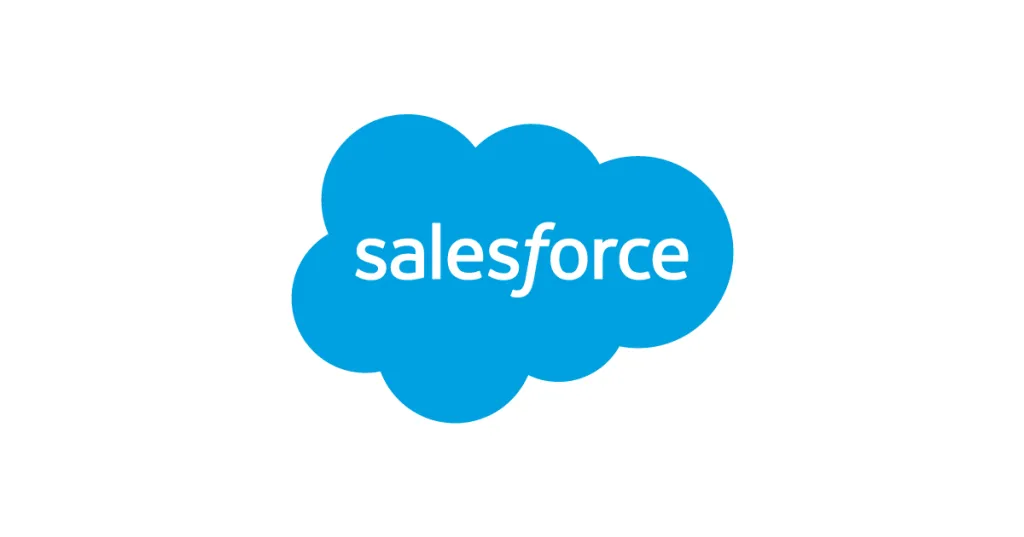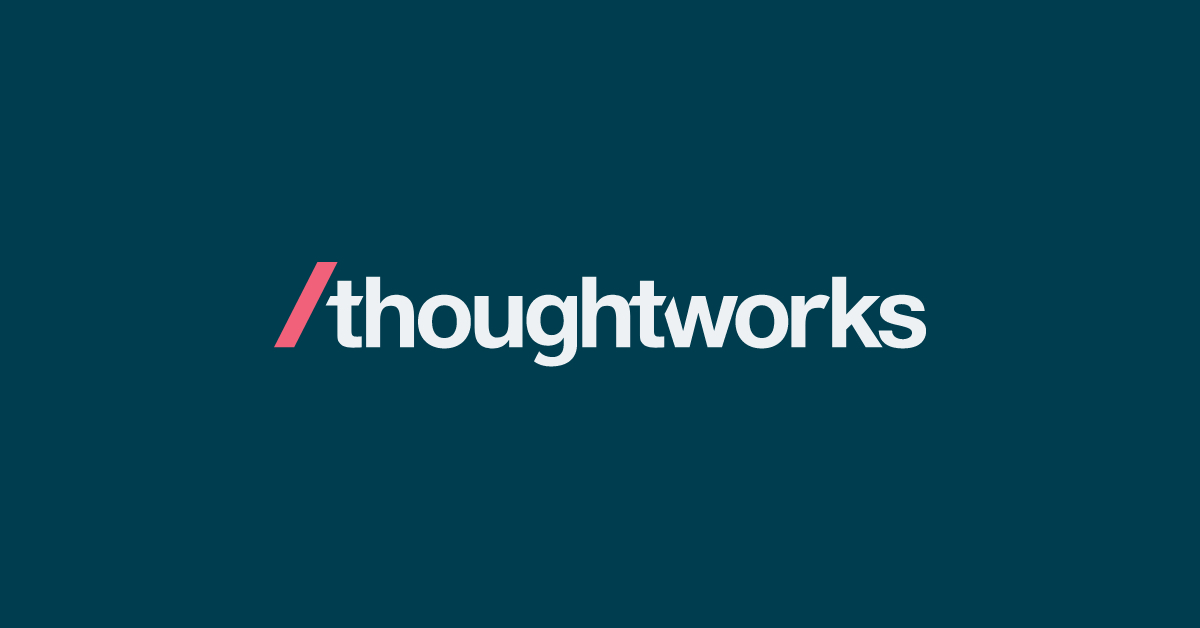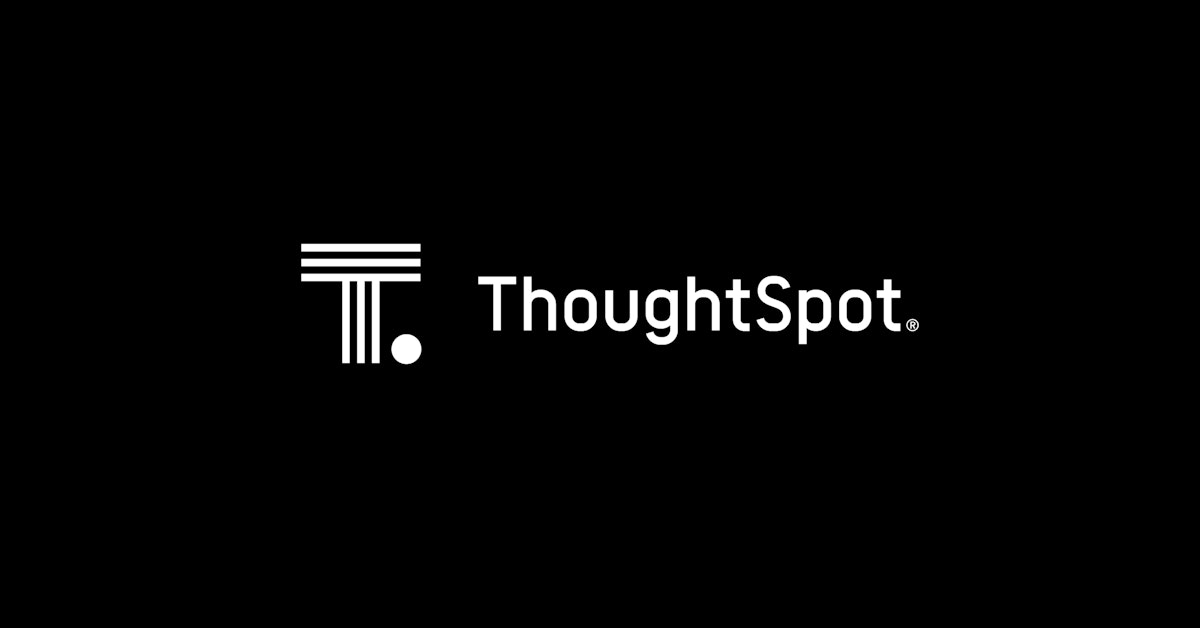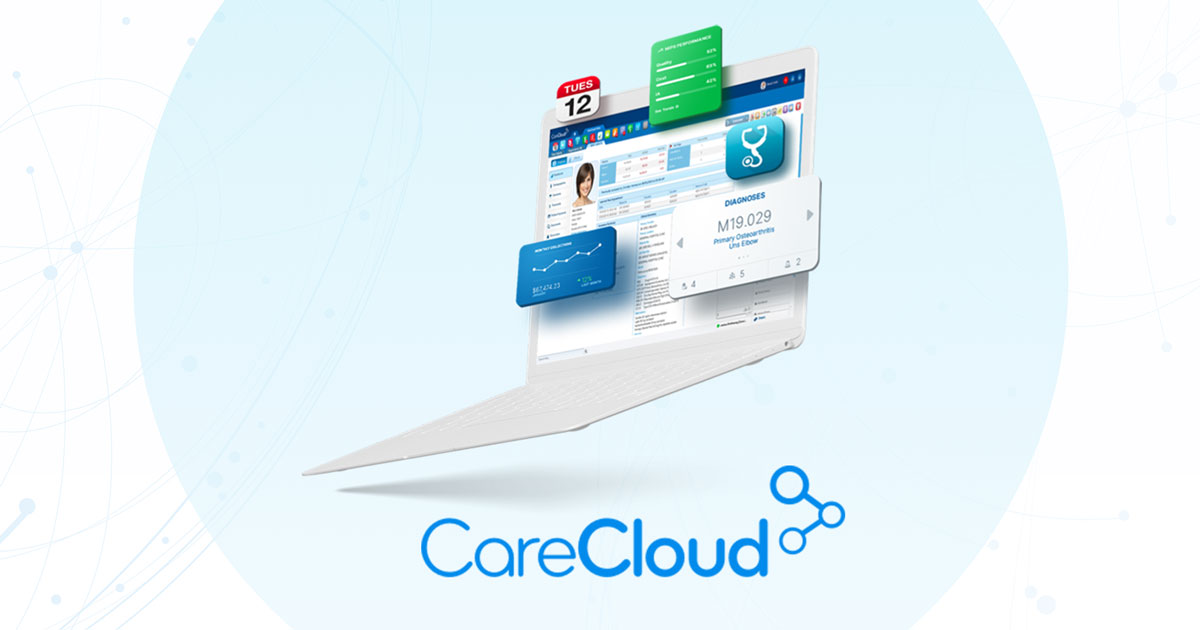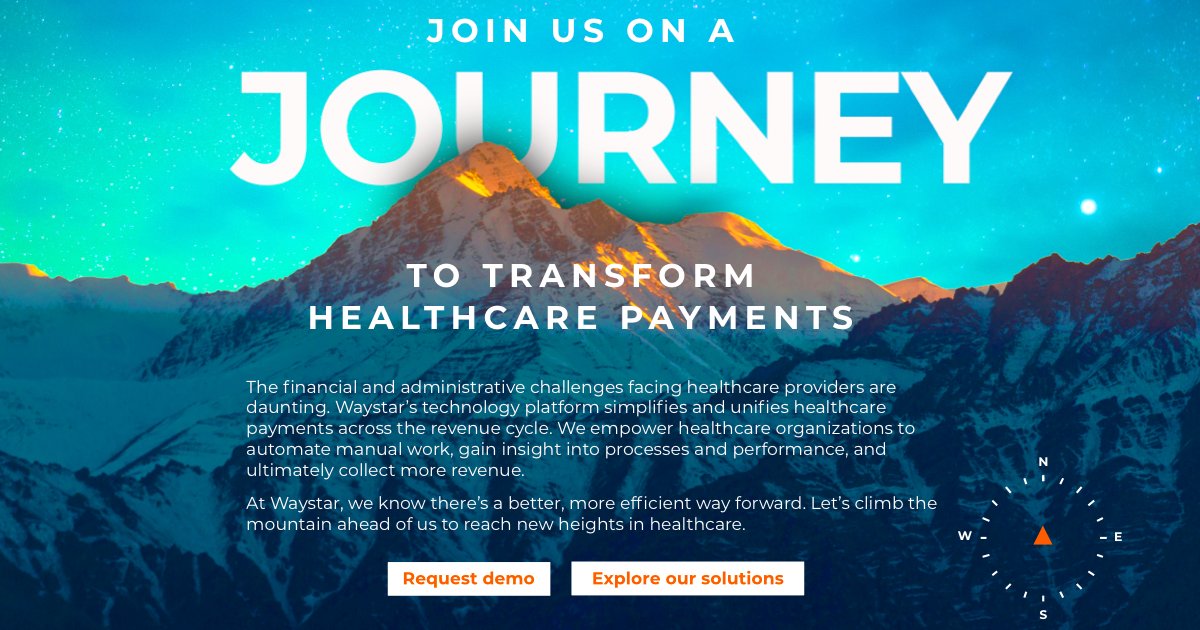Introduction
Mental healthcare is evolving rapidly to better meet growing needs. Providers require sophisticated yet user-friendly software to efficiently manage workflows, integrate services, and gain insights from comprehensive data. This report analyzes the top 15 mental health software vendors based on functionality, popularity, industry reputation, and key differentiating factors.
Methods of Evaluation
To evaluate the top platforms, we considered functionality and features, customer reviews and ratings, popularity and market share based on number of customers, analytics capabilities and tools to derive insights, and other factors like integration abilities, security, pricing and support. We also analyzed search traffic and backlink data to understand vendor authority and demand. This multifaceted approach provided an objective view of leaders in this evolving industry.
1. Salesforce
Salesforce is a leading CRM platform for managing contacts and accounts. Founded in 1999, Salesforce’s flagship product is a cloud-based CRM that allows organizations to centralize information on customers and potential customers. With over 150,000 customers globally, Salesforce has become the dominant player in the CRM market.
Pros: Some key advantages of Salesforce’s CRM platform include:
– Cloud-based platform which allows remote access from any device
– Supports the full customer engagement lifecycle from lead to payment
– Highly customizable and integrates with over 1,700 third party apps
– Tools tocentralize customer profiles, track opportunities, and report on KPIs
Cons: A potential disadvantage is the cost – customized implementations and advanced features require additional licensing and consulting fees. For small businesses and startups, the platform may have more features than needed.
Pricing: Salesforce offers several pricing plans including:
– Essentials Edition starting at $25/user per month
– Professional Edition starting at $75/user per month
– Enterprise Edition starting at custom pricing
Additional features like Sales, Service, and Marketing modules have separate fees charged on a per user basis.
Some key stats about Salesforce include:
– $26.49 billion in revenue for fiscal year 2023
– Over 150,000 customers globally including brands like IBM, Microsoft, and Toyota
– Rated #1 in the CRM space by industry analysts like Gartner and Forrester
2. BetterHelp
BetterHelp is an online counseling provider that was founded in 2013. It aims to make quality mental healthcare more accessible and affordable for everyone. BetterHelp currently has over 15,000 licensed therapists available to work with clients across all 50 states in the US. They work with a diverse network of counselors to match clients with the right fit based on factors like specialty, experience and communication style.
Pros: Some of the key advantages of using BetterHelp include:
– Large nationwide network of licensed therapists to choose from
– Affordable subscription pricing starting at $60 per week
– Convenient online counseling that can fit any schedule
– Customizable to suit different cultural needs and relationship preferences
– Anonymous and private online counseling experience
Cons: One potential disadvantage is that all online communication removes the in-person aspect of traditional therapy. Some clients may prefer face-to-face sessions.
Pricing: BetterHelp offers various subscription plans starting at $60 per week for text-based counseling. Video and phone sessions are priced at $80 – $90 per week. Payment options include monthly subscriptions, which can be cancelled anytime. Financial assistance is also available for those who may need counseling but cannot afford the typical rates.
Some key stats about BetterHelp include:
– Over 34,000 licensed therapists available on the platform
– Over 351 million counseling sessions completed to date
– Serves clients in over 150 countries worldwide
– Available 24/7 via secure text, phone, and live video sessions
3. Centricity
Centricity is a comprehensive electronic health record (EHR) system developed by GE Healthcare. Centricity allows health providers to manage both physical and behavioral health in one integrated platform. The system offers a wide range of functionality tailored to the unique needs of behavioral health organizations.
Pros: Some key advantages of Centricity include:
– Comprehensive EHR solution with both physical and behavioral health modules
– Behavioral health focused functionality like standardized assessments, treatment plans and outcome tracking
– Strong analytics and population health capabilities to measure quality, utilization and help coordinate patient care
Cons: A potential disadvantage is that as a larger, more full-featured EHR system, Centricity may be more expensive and complex to implement and maintain compared to smaller, niche behavioral health focused EHRs.
Pricing: Pricing for Centricity varies depending on organizational needs and contract negotiated. Options include perpetual software licenses as well as cloud-based monthly or annual subscriptions. Implementation, training and support services are typically sold separately as well.
Some key stats about Centricity include:
– Used by over 15,000 physician practices, hospitals and other healthcare organizations worldwide
– Handles over 1 billion patient visits annually
– Integrates data from over 40 specialties and serves over 125 million patients globally
4. Infor
Infor is a leading provider of industry-specific ERP software. Founded in 2002, Infor builds beautifully designed software tailored for specific industries like healthcare. Its ERP solutions are used by over 68,000 customers in more than 175 countries.
Pros: Key advantages of Infor’s ERP for healthcare organizations include:
– Pre-built industry specificity reduces implementations times and costs.
– Scalable and modular architecture supports growth from small practices to large health systems.
– Open APIs enable easy integration with other systems for a unified patient experience.
– Mobility and cloud deployment provides access anywhere on any device.
Cons: A potential disadvantage is the upfront licensing fees may be higher than some other options. However, Infor’s solutions are designed to provide a full-featured ERP system out of the box with limited need for customization.
Pricing: Infor does not publicly disclose pricing, but generally offers perpetual or recurring licensing models. Implementation, training and support services are additional costs determined based on the specific needs and configuration of each customer’s deployment.
Some key stats about Infor’s ERP software for healthcare include:
– Over 500 healthcare organizations use Infor’s EHR and ERP solutions.
– Modular design allows flexible deployment of only the needed components.
– Mobile apps provide access to patient records and administration tools from any device.
– Population health analytics and management tools help improve outcomes.
5. ThoughtWorks
ThoughtWorks is a global technology consultancy that integrates strategy, design and engineering to drive digital innovation. ThoughtWorks was founded in 1993 and is headquartered in Chicago, with offices across the Americas, Europe and Asia. Some key features of ThoughtWorks’ mental health software include customizable solutions, integration of data across environments, and support for all types of providers.
Pros: Some key advantages of ThoughtWorks’ mental health software include:
– Customizable solutions for any workflows or processes
– Seamlessly integrates data across different environments like EHRs, billing systems, patient portals etc.
– Supports all types of mental healthcare providers including therapists, psychiatrists, psychologists, social workers etc.
Cons: One potential disadvantage is that as a fully customizable solution, initial setup and configuration may require more time and resources compared to out-of-the-box solutions.
Pricing: ThoughtWorks offers flexible pricing models for its mental health software including annual subscriptions starting from $5,000 per provider per year (for solo practitioners/small practices) to enterprise plans tailored for large healthcare organizations.
Some key stats about ThoughtWorks’ mental health software:
– Used by more than 500 healthcare organizations worldwide
– Integrates with all major EHR systems like Epic and Cerner
– Processes over 1 million patient records each month
– Achieves over 95% client satisfaction and retention rates
6. Epic
Epic is a leading healthcare software provider, known industry-wide for their inpatient electronic health record (EHR) systems. Founded in 1979 in a basement in Madison, Wisconsin, Epic develops software to help people get well, help people stay well, and help future generations be healthier. While primarily focused on large hospital systems, Epic also offers standalone behavioral health modules that can integrate with other solutions.
Pros: Key advantages of Epic’s behavioral health software include:
– Fully integrated EHR that connects medical and behavioral health records
– Enables collaboration between different provider types on a patient’s care team
– Robust screening, assessment and outcome tracking tools
– Portal for patients to access care plan and messaging with providers
Cons: The largest disadvantage is Epic’s higher costs compared to other options. As the market leader, Epic pricing tends to be more expensive due to their scale and resources required for implementation and support. Another potential downside is less customizable than some niche solutions, since Epic is designed to support multiple specialties.
Pricing: Epic pricing varies significantly based on the size and needs of each organization. Prices generally start in the high six figures for a basic installation and rise into the millions depending on customization, add-ons, ongoing maintenance and other services. Annual software fees and support contracts are also specified in client agreements.
Some key stats about Epic include:
– Used by over 250 million patients globally
– Has over 50% market share of acute care EHR systems in the US
– Serves over 275,000 doctors, nurses and other care providers
– Hosted solutions, with software and services managed by Epic
7. Cerner
Cerner is an industry-leading healthcare IT company that offers a wide range of mental health software solutions. Founded in 1979 and headquartered in North Kansas City, Missouri, Cerner serves over 27,000 facilities in over 20 countries. Their flagship product is the Cerner Millennium electronic health record (EHR) platform, which is used by a large percentage of hospitals and health systems in the United States.
Pros: Some key advantages of Cerner’s mental health software include: – Top EHR vendor for hospitals and health systems seeking comprehensive behavioral health support. – Specialized solutions for addressing the unique needs of behavioral health including assessments, care plans and outcomes tracking. – Supports integration and sharing of patient data across different care settings like inpatient, outpatient, residential and community-based programs.
Cons: A potential disadvantage is that as a large, complex EHR platform, Cerner Millennium can be expensive to implement and maintain. The upfront costs and ongoing licensing fees tend to be higher compared to smaller, best-of-breed behavioral health software vendors.
Pricing: Pricing for Cerner’s solutions varies greatly depending on the modules and services implemented, as well as factors like organization size and configuration complexity. Basic licensing and hosting of the Cerner Millennium EHR platform starts at over $100,000 for a typical outpatient behavioral health organization.
Some key facts about Cerner’s mental health software: – Cerner Millennium EHR powers over 25% of acute care hospitals in the US. – Supports over 90 professional specialties including behavioral health. – Integrates with over 50 clinical and back-office systems like billing, imaging, and lab systems.
8. ThoughtSpot
ThoughtSpot is an AI-powered analytics platform that allows users to ask questions in natural language and receive accurate answers from their data. Founded in 2012, ThoughtSpot has become a leader in the analytics software space with its focus on making data accessible and easy to understand for all users.
Pros: Some key advantages of ThoughtSpot include: natural language search delivers quick insights without the need for coding, embedded AI capabilities learn from user questions and data patterns to serve more accurate results, centralized governance and security controls for highly regulated workloads, and dashboards and reports that update in real-time as data changes.
Cons: One potential disadvantage is that ThoughtSpot works best with larger data volumes to fully leverage its AI and machine learning capabilities. For smaller data sets, a traditional BI tool may provide sufficient functionality at a lower cost.
Pricing: ThoughtSpot offers monthly or annual pricing plans tailored for teams of various sizes. Pricing is based on the number of users, data storage requirements, and additional premium features. Contact ThoughtSpot sales for a custom quote tailored to specific business needs and data volumes.
Some key stats about ThoughtSpot include: used by over 350 companies worldwide, processes over 1 trillion events per day for customers, hosted on AWS, Microsoft Azure and Google Cloud, and named a leader in The Forrester WaveTM: Analytics and Business Intelligence Platforms, Q2 2022 report.
9. NextGen
NextGen is a longstanding leader in healthcare software, providing electronic health records (EHR), practice management, and revenue cycle management solutions. Founded in 1974, NextGen has grown to support over 50,000 healthcare professionals in ambulatory and institutional settings. For behavioral health professionals, NextGen offers specialized modules designed to address the unique needs of mental health providers.
Pros: Some key advantages of NextGen’s behavioral health software include:
– Behavioral health specific functionality out of the box with templates and modules tailored for mental health workflows.
– Support for integrated, value-based care models through population health tools and medical record integration.
– Long history and experience catering to behavioral health means ongoing product enhancements informed by provider needs.
Cons: A potential disadvantage is that as a more full-suite EHR vendor, NextGen’s costs may be higher than smaller, behavioral health focused vendors. Comprehensive features also mean a steeper learning curve for those seeking a simpler solution.
Pricing: NextGen offers both perpetual and subscription licensing models. Pricing varies depending on the number of providers, users, and modules selected. NextGen representatives can provide customized quotes once needs are assessed. They also offer affordable financing and implementation support packages.
Some key stats about NextGen’s behavioral health software offerings include:
– Supports over 2,500 behavioral health organizations and 60,000 specialty providers.
– Integrates with other NextGen solutions like population health management and medical records for coordinated care.
– Dedicated behavioral health features for assessments, treatment plans, progress notes and outcome tracking.
10. AllScripts
AllScripts is a global leader in healthcare IT solutions. Founded in 1986 and headquartered in Chicago, Illinois, AllScripts provides electronic health records, practice management, revenue cycle management, and care coordination solutions. With over 200,000 physicians and over 2,500 hospitals using their platforms, AllScripts supports organizations worldwide in building connected health communities.
Pros: Some key advantages of AllScripts solutions for mental health providers:
– Offers a fully integrated healthcare IT platform rather than separate point solutions
– Contains specialized modules focusing on behavioral health needs like psychiatric assessments, treatment plans, and outcome tracking
– Facilitates coordinated and integrated care across the continuum including referrals and sharing between primary care, behavioral health, and community agencies
Cons: The high upfront costs of implementing and maintaining an enterprise healthcare IT platform can be prohibitive for some smaller practices and agencies. Comprehensive ongoing support and software upgrades also require ongoing subscriptions and fees.
Pricing: Pricing for AllScripts solutions depends on the specific modules, configurations, customizations, and size of the organization. AllScripts provides dedicated sales representatives who can develop customized quotes. Typical pricing models include perpetual software license fees, annual maintenance and support contracts, and transaction or per-provider subscription fees.
Some key stats about AllScripts’ solutions:
– Serves over 200,000 physicians and 2,500 hospitals globally
– Supports clinical workflows across all healthcare settings including both inpatient and ambulatory care
– Provides revenue cycle management capabilities to help optimize reimbursement
11. SimplePractice
SimplePractice is an all-in-one cloud-based electronic health records (EHR) and practice management software for health and wellness professionals. Founded in 2010, SimplePractice serves over 185,000 healthcare providers. It offers a secure HIPAA-compliant platform designed specifically for therapists, psychologists, health coaches, social workers, and other solo practitioners or small private practices.
Pros: Some key advantages of SimplePractice include:
– All-in-one solution handling intake forms, scheduling, billing, payments and EHR in one platform
– Intuitive and customizable templates for forms, reports and invoices
– Full practice management capabilities including client communications and marketing tools
– Robust customization options to suit any private practice workflow
Cons: A potential disadvantage is SimplePractice is primarily focused on smaller private practices rather than large healthcare organizations. Some reviewers have noted the billing and reporting features could be improved with additional customization options.
Pricing: SimplePractice offers 4 different pricing plans:
– Basic ($49/month): For solo practitioners
– Professional ($99/month): Adds additional features for larger practices
– Group ($149/month): For group practices of 2-10 users
– Enterprise (Custom Pricing): For practices with 10+ users
Some key stats about SimplePractice include:
– 185,000+ total users
– Integrations with 50+ insurance panels, payment processors and lab interfaces
– 24/7 phone and email support
– 99.999% uptime guarantee on their secure cloud platform
12. CareCloud
CareCloud is a leading provider of cloud-based electronic health records (EHR), practice management, and telehealth solutions. Founded in 2005 and headquartered in Palm Beach Gardens, Florida, CareCloud serves over 75,000 providers across all 50 states. Their modern healthcare technology platform helps medical practices streamline operations, improve clinical workflows, and focus on patient care.
Pros: Some key advantages of CareCloud include:
– Leading fully integrated cloud-based EHR and practice management solution for medical and behavioral health practices.
– Powerful reporting and analytics dashboard to help track clinical quality measures and drive practice growth.
– Flexible telehealth capabilities to enable remote care and expand practice reach.
Cons: The main disadvantage is the pricing which starts at $149 per provider per month for their basic EHR package. This may be higher than some competitors for smaller practices. Customized pricing is available for larger organizations.
Pricing: CareCloud offers flexible pricing plans tailored for practices of different sizes. Their basic EHR package starts at $149 per provider per month. This includes EHR, practice management, billing and telehealth. Additional modules and custom integrations are available for an extra fee. Volume discounts are available for larger organizations.
Some key stats about CareCloud include:
– Serves over 75,000 medical providers.
– Integrated platform includes EHR, practice management, medical billing, patient engagement and telehealth capabilities.
– Specialized focus on behavioral health and behavioral EHR functionality.
13. Waystar
Waystar is a healthcare revenue cycle management software company founded in 2001. It provides an end-to-end platform to manage the entire revenue cycle process for over 14,000 healthcare organizations. The Waystar platform helps organizations improve revenue, streamline workflows, and gain valuable insights through its integrated software.
Pros: Some key advantages of the Waystar platform include:
– Revenue cycle management software that covers the entire process from pre-authorization to payment posting and billing
– Seamless integration with clinical systems for a unified patient financial experience
– Robust analytics and dashboards to monitor KPIs, analyze trends and optimize processes
Cons: A potential disadvantage is the large upfront investment and consultant fees required to implement the comprehensive Waystar platform.
Pricing: Waystar offers flexible pricing models including a per-claim fee structure or annual software licenses starting at $100,000 depending on organization size and unique needs.
Some key stats about Waystar include:
– Manages over $250 billion in medical bills annually
– Integrates with over 200 EHR systems
– Supported over 1 billion patient encounters to date
14. eClinicalWorks
eClinicalWorks is the largest cloud-based EHR software in the U.S. Founded in 1999, eClinicalWorks provides electronic health records (EHR), practice management, and telehealth solutions to help practices manage patient records and workflows. With over 135,000 physicians using its systems, eClinicalWorks supports medical, behavioral health, and dental practices. The company is headquartered in Westborough, MA.
Pros: Key advantages of eClinicalWorks’ solutions include:
– Widely adopted ambulatory EHR platform
– Comprehensive features for behavioral health practices
– Advanced population health tools for outcome tracking and reporting
– Integrated with major health information exchanges (HIEs) for data sharing
Cons: A potential disadvantage is that the interface may feel outdated or cluttered to some users. Customization options are also more limited compared to some competitive solutions.
Pricing: Pricing for eClinicalWorks depends on the edition, modules, and number of providers. But in general, pricing ranges from around $150-300 per physician per month for the full EHR and practice management system. Implementation support, training, and ongoing customer support are included in monthly subscription costs.
Some key stats about eClinicalWorks’ solutions include:
– Used by over 135,000 physicians
– Supports over 1 billion patient encounters annually
– Integrated behavioral health screening tools and registries
– Cloud-based option for flexible accessibility anywhere
15. DrChrono
DrChrono is an all-in-one cloud-based EHR, practice management and medical billing software created for small medical practices. Developed by physicians, DrChrono combines scheduling, charting, prescribing, lab integrations and billing into one integrated system to streamline workflow and improve patient care.
Pros: Some key advantages of DrChrono include:
– All-in-one EHR and practice management software that combines scheduling, charting, prescribing and billing.
– Built-in mobile functionality for messaging, viewing charts and prescribing on the go.
– Highly customizable templates and forms that can be tailored for any specialty.
– Automated workflow tools that sync tasks, reminders and messages between providers.
Cons: A potential disadvantage is that the software lacks some more advanced clinical decision support features found in other larger EHR systems. The interfaces can also feel a bit basic for some providers accustomed to more feature-rich products.
Pricing: DrChrono offers three subscription tiers based on the number of providers – Basic ($79/provider per month), Premium ($99/provider per month) and Elite ($129/provider per month). There are no long term contracts and pricing includes 24/7 support, regular system updates and unlimited users for the practice.
Some key stats about DrChrono include:
– Used by over 30,000 medical providers
– Integrates with over 80 clinical devices and systems
– 98% patient portal adoption rate
– Real-time clinical documentation and notes
– Automated medical billing and accounts receivable management
Conclusion
The mental healthcare industry continues advancing to deliver high-quality, personalized care. Leading vendors are helping organizations streamline workflows, coordinate services, and gain insights to continuously enhance patient outcomes. The top 15 platforms highlighted offer compelling solutions tailored for behavioral health professionals. Ongoing innovation will further the ability to deliver integrated, data-driven care when and where people need it most.




